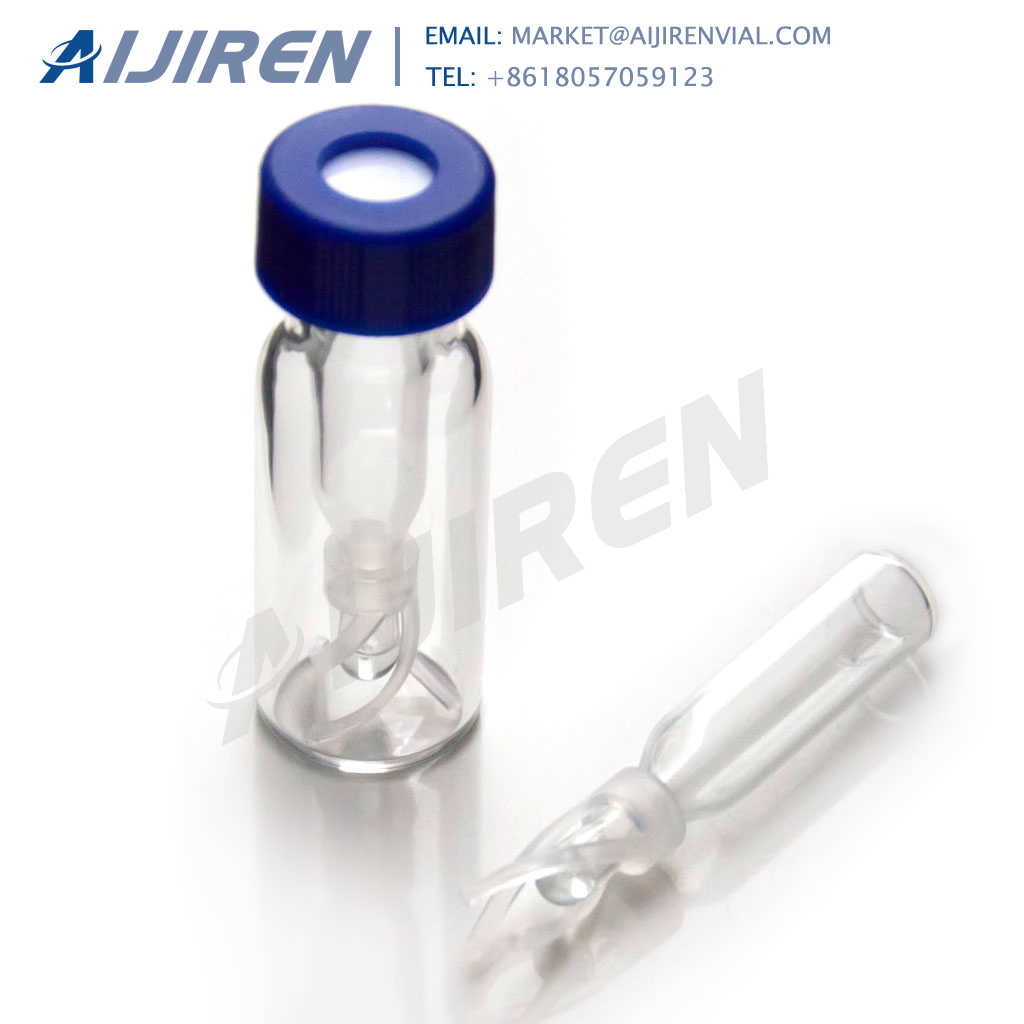
Filtration through a membrane with 0.2 micron or smaller pore size removes biological contaminants, including bacteria, mold and yeast. Filter materials typically used in the sterilization of liquids include nylon, polycarbonate, cellulose acetate, polyvinylidene fluoride (PVDF, Durapore® membrane), and polyethersulfone (PES).
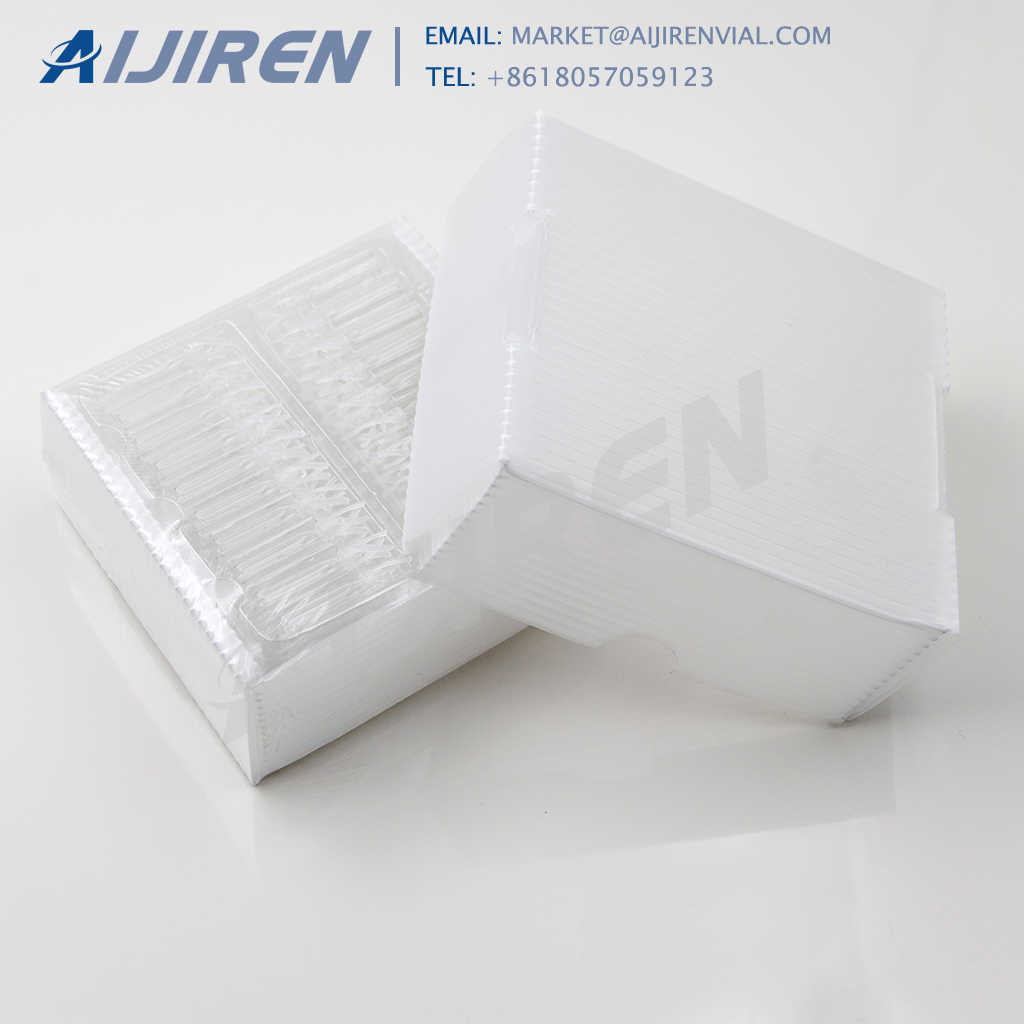
Sep 10, 2021 · Pore size of membranes filter. Commonly used pore diameters are 0.22μm, 0.45μm, 0.8μm, See full list on hawachmembrane.com
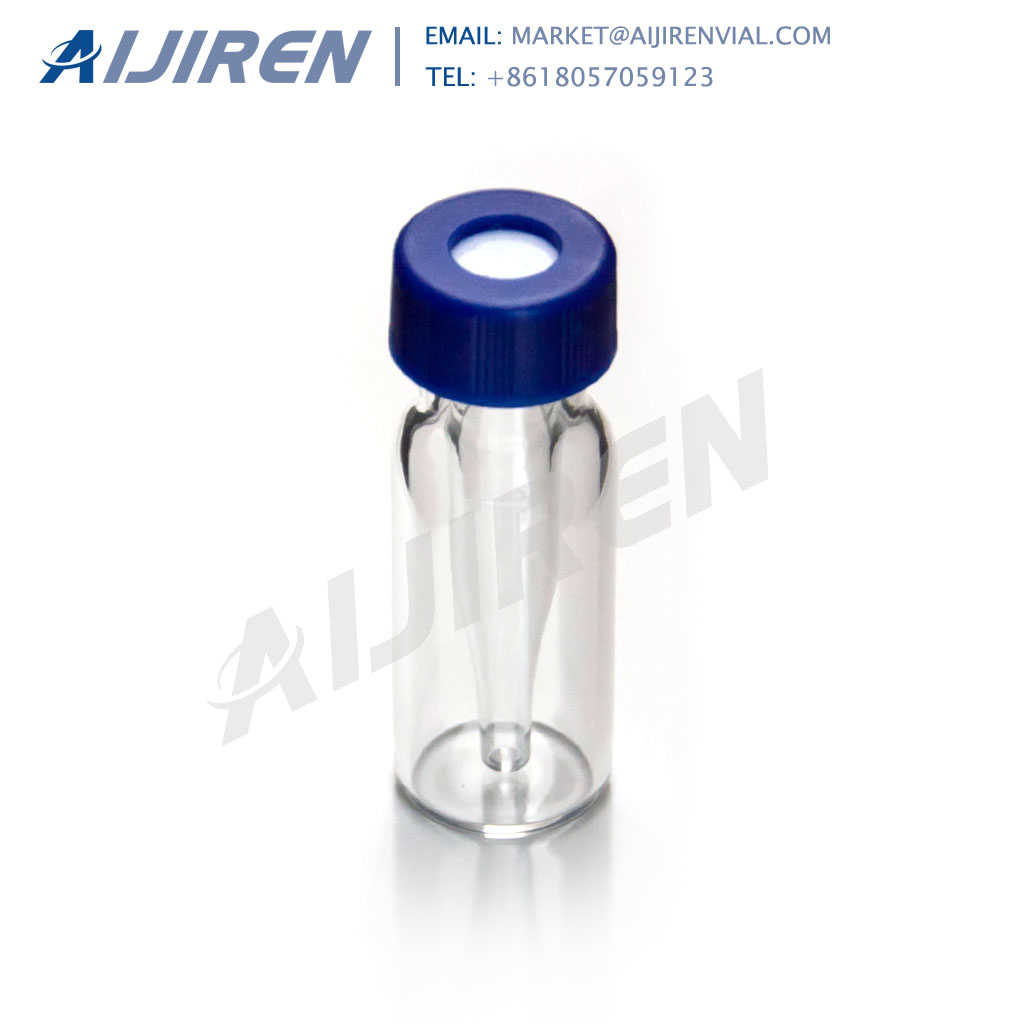
Membrane filter (pore size, 0.22-0.45 micro m - PubMedMembrane filter (pore size, 0.22-0.45 micro m; thickness, 150 micro m) passing-through activity of Pseudomonas aeruginosa and +8618057059123 market@aijirenvial.com
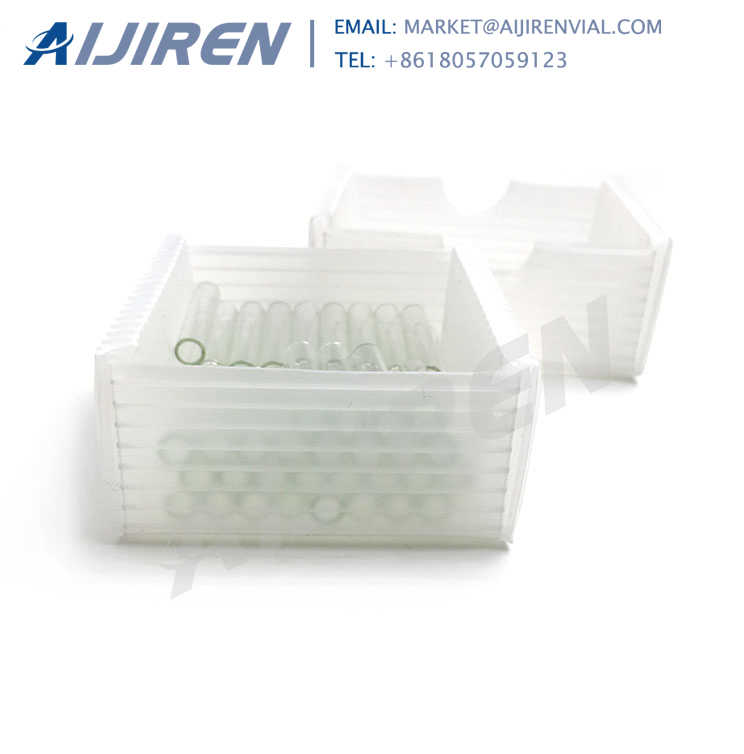
Membrane filtration method makes the use of membrane filter, or we can say millipore filter. A millipore filter possesses a uniform porosity or a predetermined pore size of 0.45 µm. The pores in the membrane filter are sufficiently small enough to trap the different types of microorganisms. A membrane filter is composed of polymeric substances.
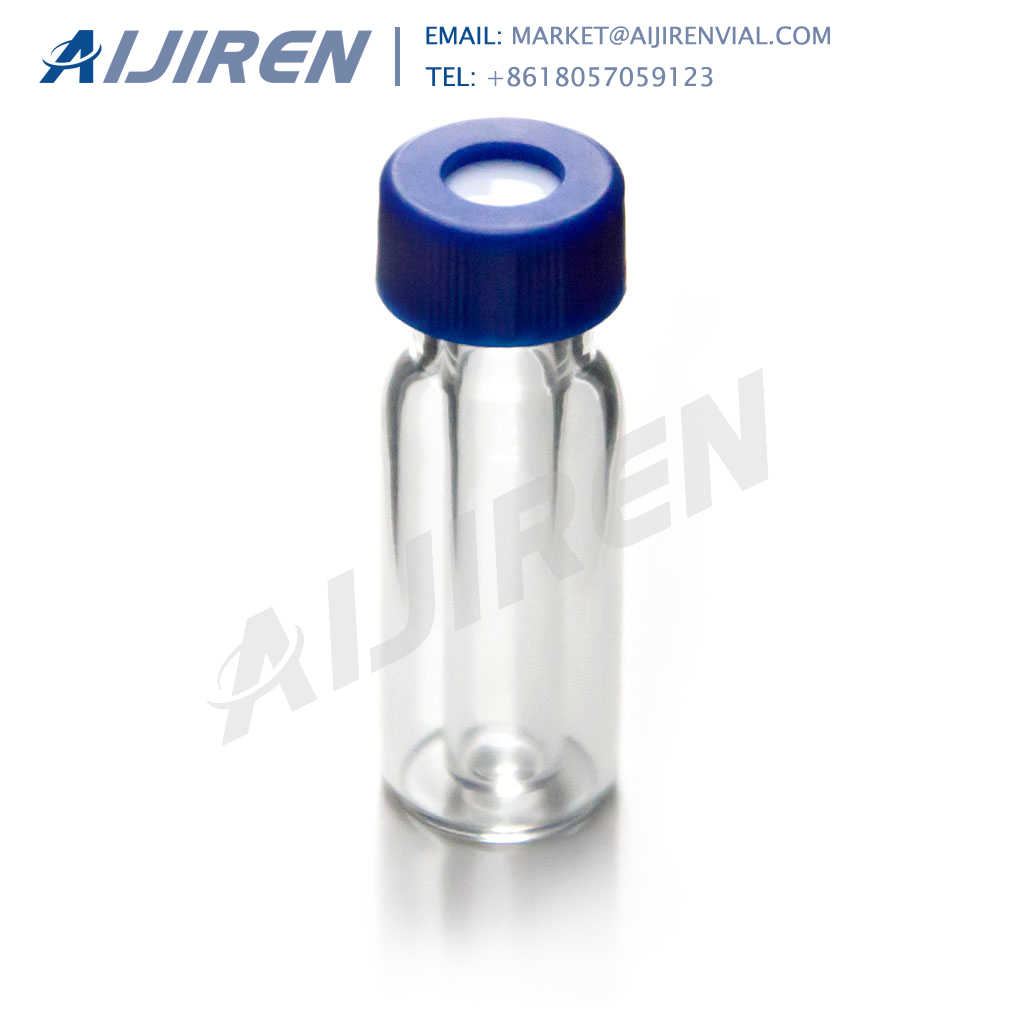
Whatman GD/X Syringe Filters, PVDF Membrane, Pore Size 0.45 m, Diam. 47. Laboratory filtration products come in many formats and with varying properties and yet the basics of filtration and many of the filter properties do not change. Sterile filtration constitutes an grade membrane filters. The microporous membranes used for this processes.
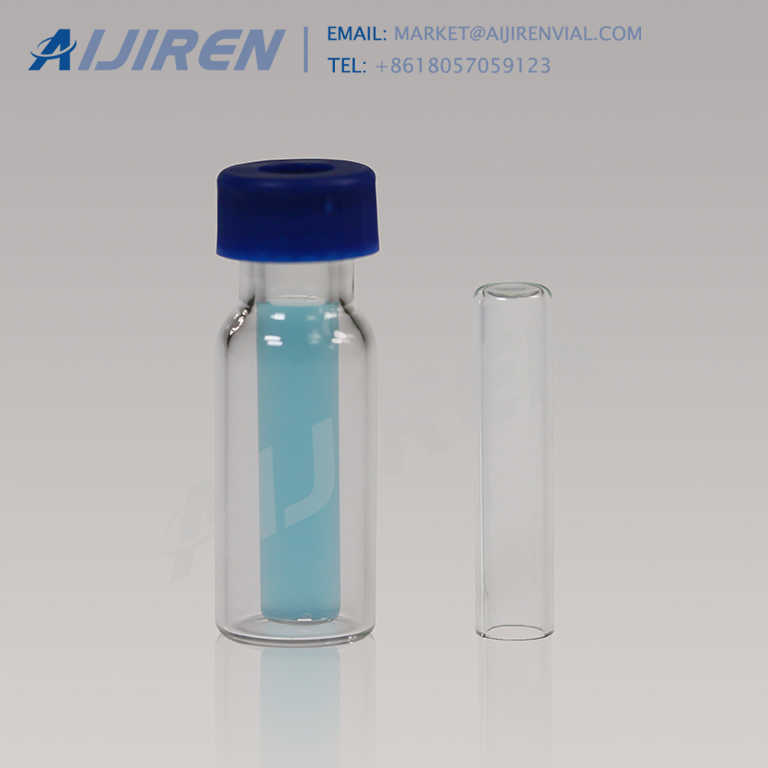
THE STERILIZING FILTER 1 THE STERILIZING FILTER HISTORY The first microporous membranes manufactured in the United States and intended for sterile filtrations were rated as being 0.45 11m in pore size. They met with impressive successes.
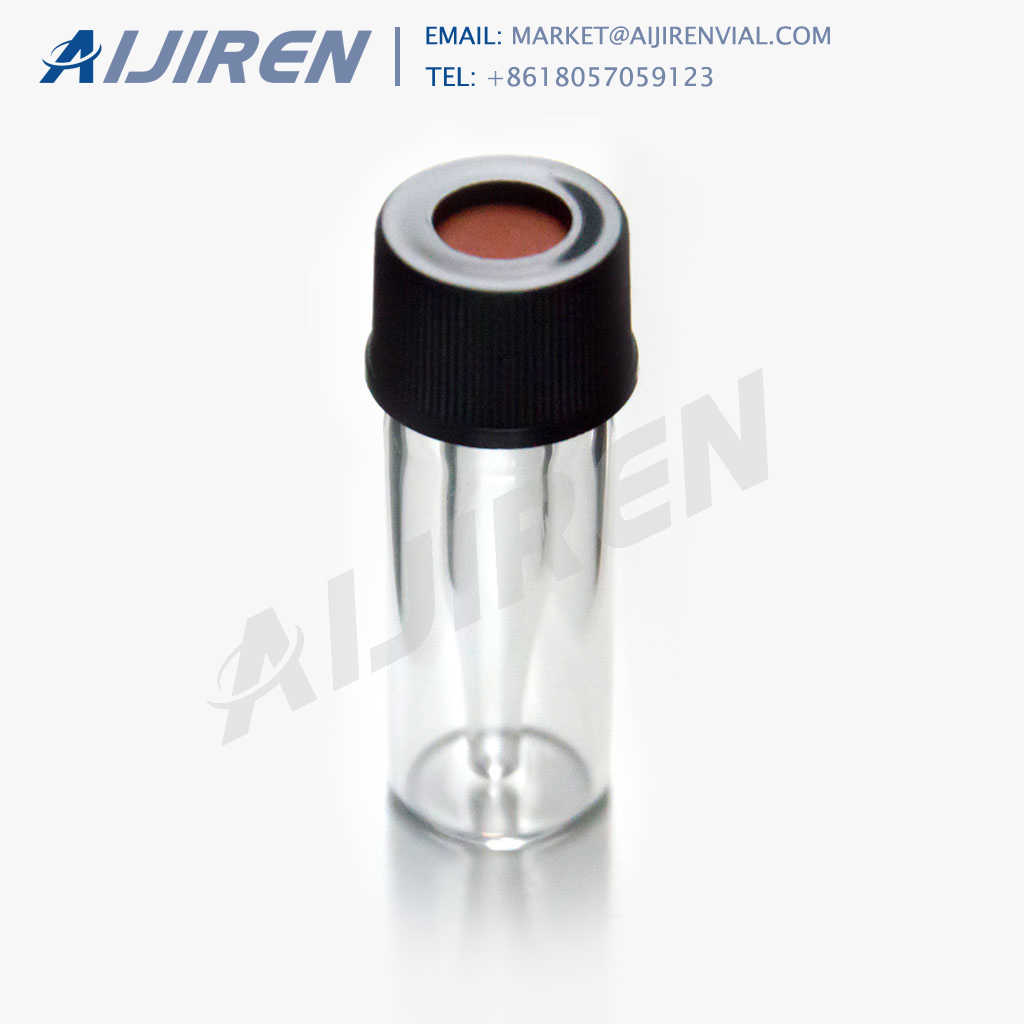
Description. Catalogue Number. HAWP04700. Trade Name. MF-Millipore. Description. MF-Millipore™ Membrane Filter, 0.45 µm pore size. Background Information. Biologically inert mixtures of cellulose acetate and cellulose nitrate have made MF-Millipore™ membrane filters one of the most widely used membranes in analytical and research applications.
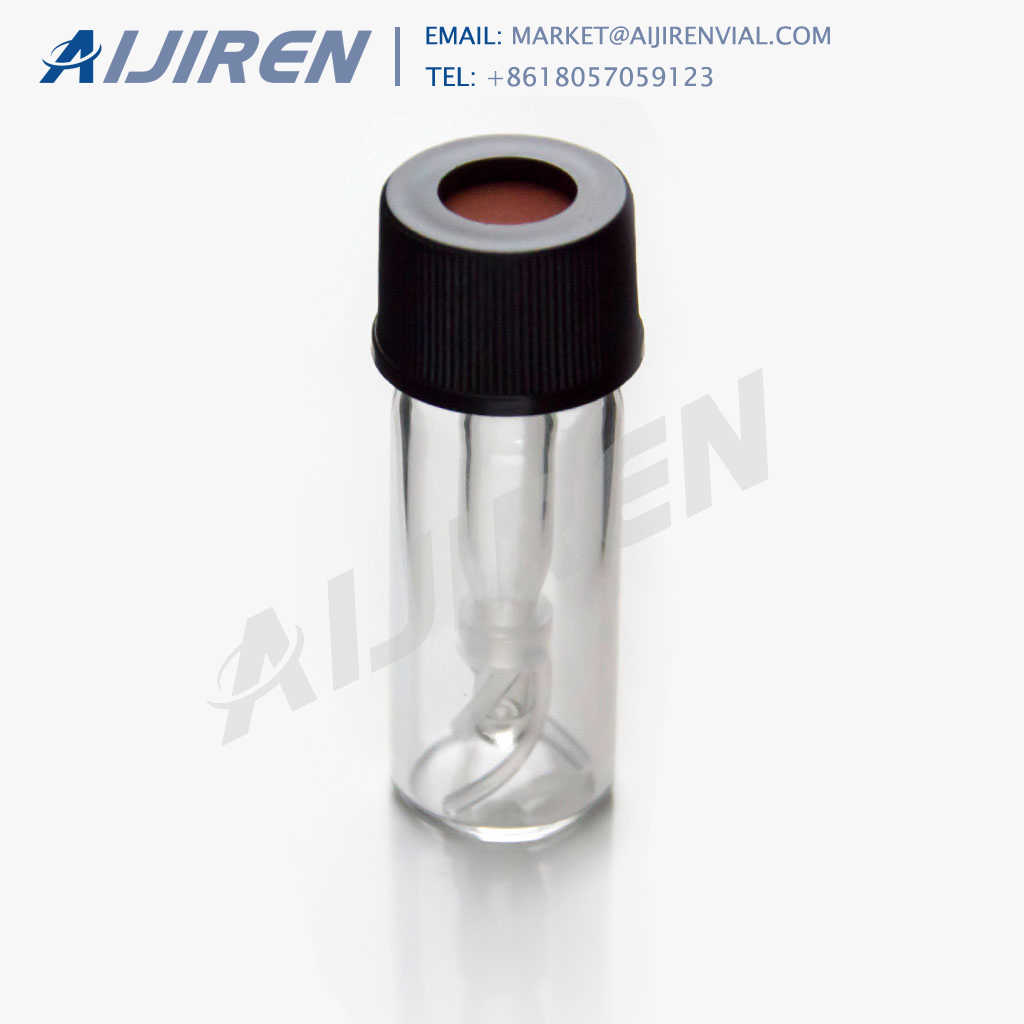
2. Decide an appropriate pore size. The pore size of a filter, stated in microns (aka micrometers or µm), is determined by the diameter of particles retained by the filter or by a bubble point test • Nominal ratings are the pore size at which a particle of defined size will be retained with an efficiency below 100% (typically 90-98%)
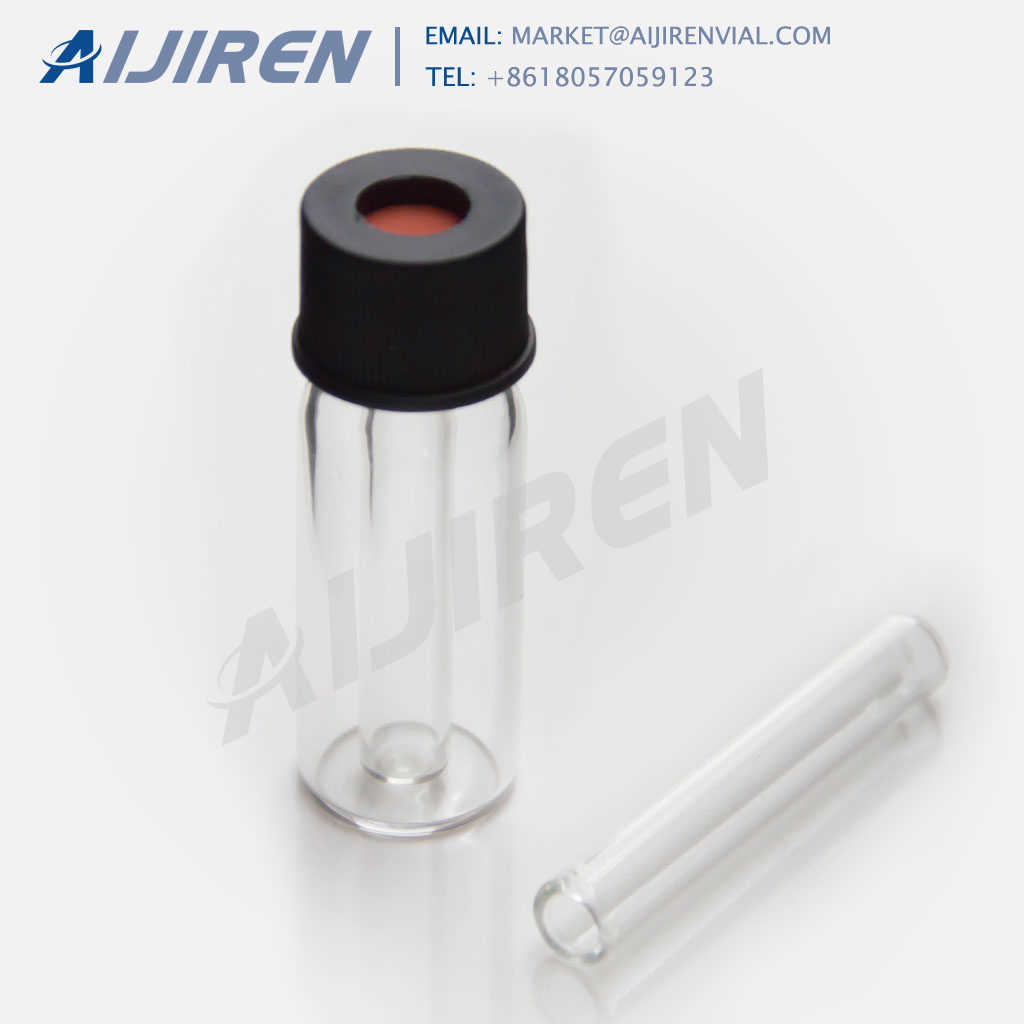
Membranes with pore size of 0.2μm in diameter are used to remove most vegetative cells but not viruses. These filters are used to sterilize pharmaceutical products, ophthalmic solutions, culture media, oils, antibiotics, and other heat sensitive solutions (Figure 4.5a, b & c).
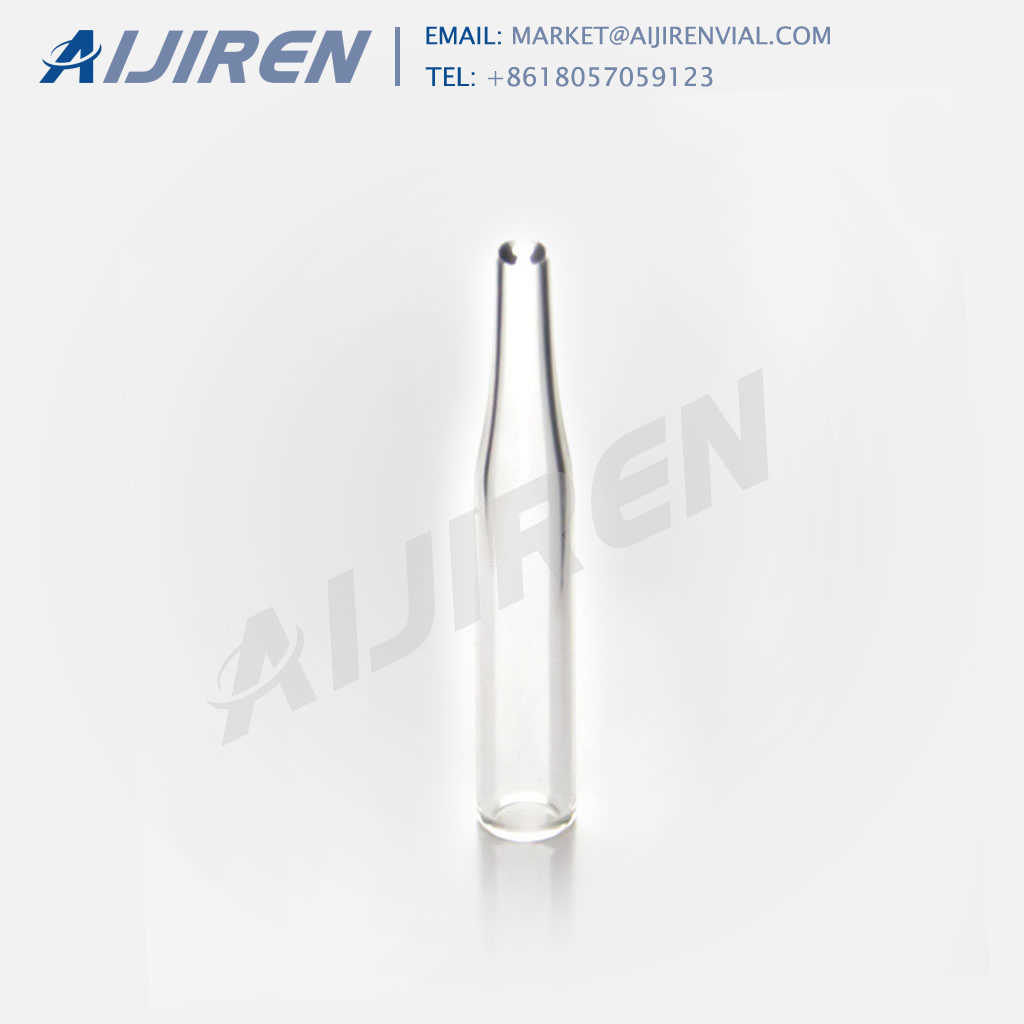
Mar 03, 2021 · The defined pore sizes of 0.02, 0.1, or 0.2 µm provided by Anopore membranes enable micrometer filtration of bacteria (average size 0.5-5 µm) from a sample. The membranes are also autoclavable, so you can reuse them after an experiment. The chemical structure of Anopore membranes makes them hydrophobic and virtually transparent when wet
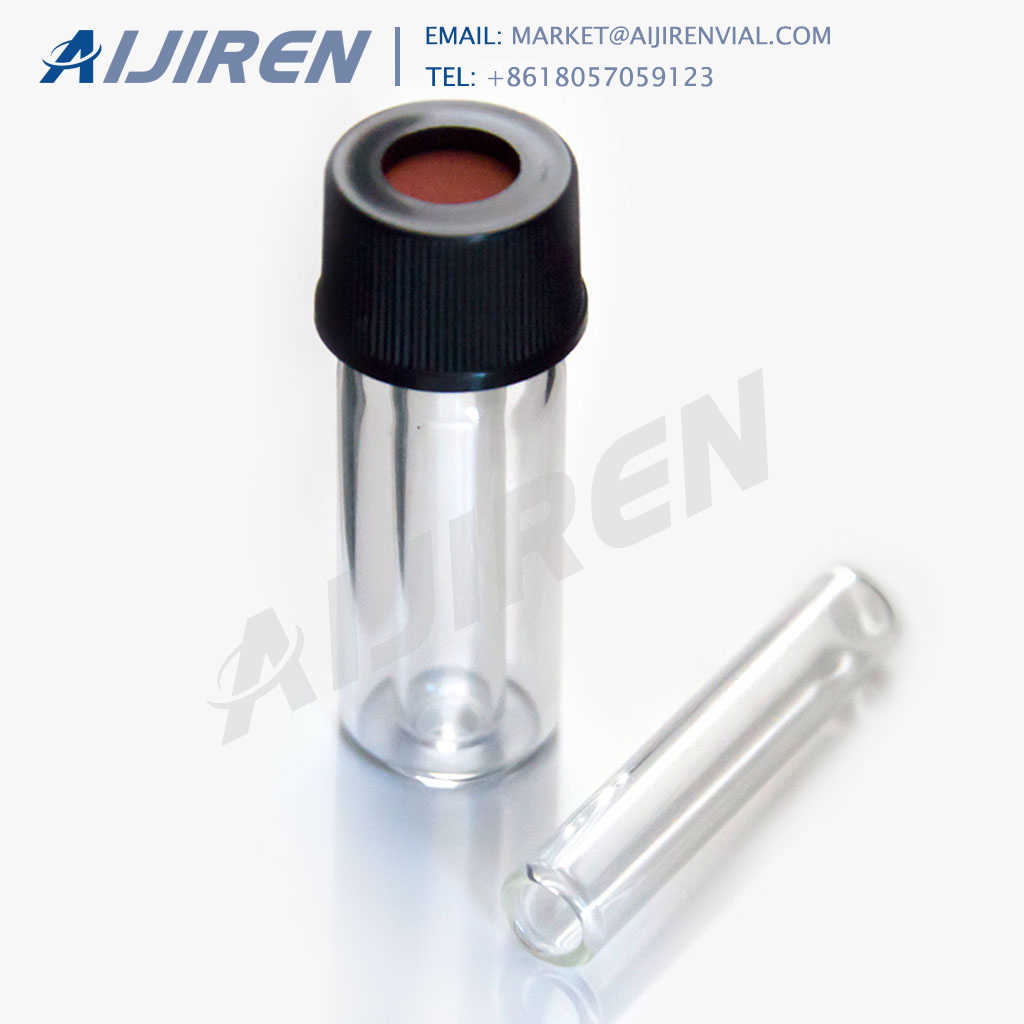
A 0.22 filter is well suited for sterilization purposes. A 0.45 filter is well suited for recovering bacteria and microorganisms from samples. Finding the correct filter pore size for you and your team’s application is easy with our faceted navigation tool.
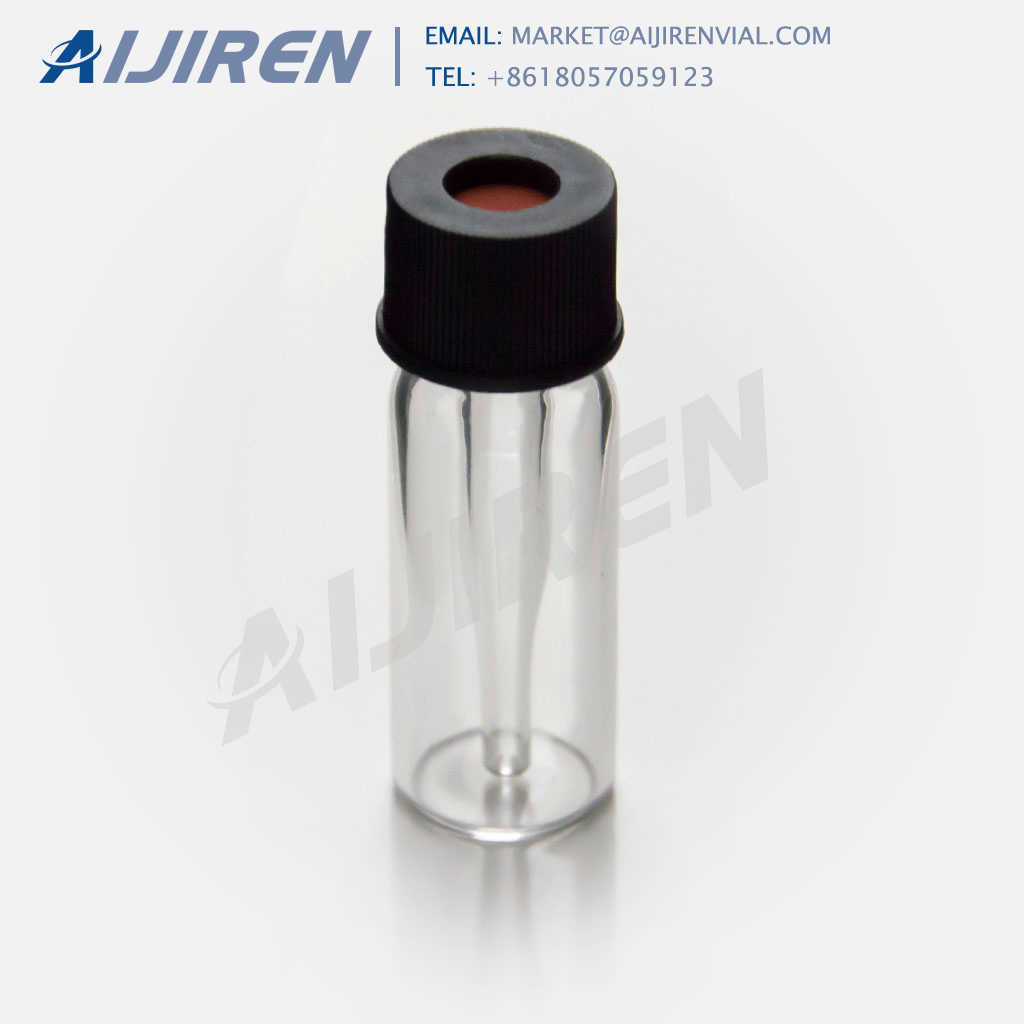
What membrane filter pore size should I use for sterilization? Regardless of the membrane filter material, always use a 0.2 µm pore size membrane filter as the final filter for any sterilizing filtration. The 0.2 µm membranes used in Aijiren Tech™ Nalgene™ filters have been tested and shown to retain 100% of a challenge of 1 X 107cfu/cm2

Improve Biopurification Processes - huji.ac.ilchallenge organisms for specific membrane pore sizes. Absolute-rated Filter Media (Pore Size) Challenge Organism 0.1 µm Acholeplasma
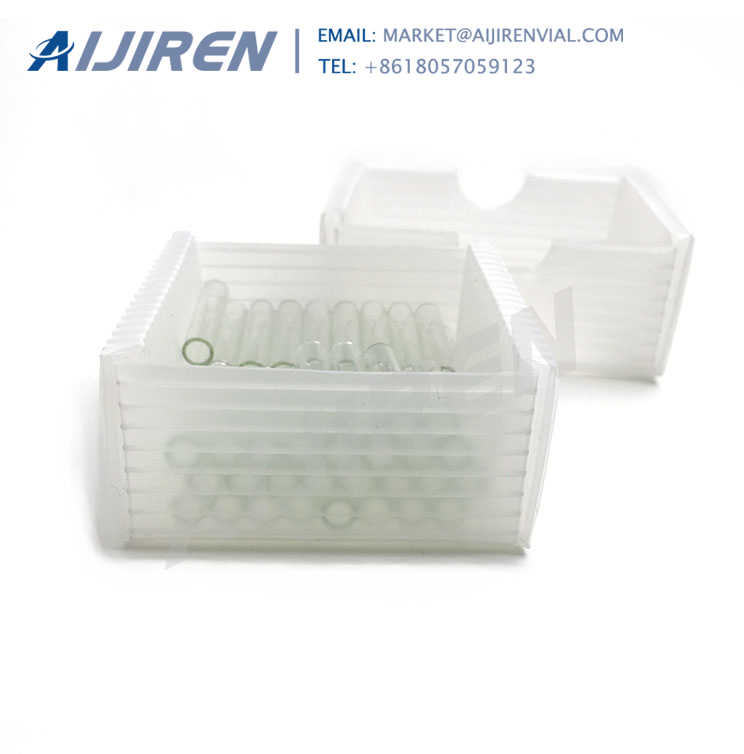
The sterility of such liposome solutions is typically ensured using 0.2 μm-rated sterilizing-grade membranes, but due to the high viscosity and low surface tension of these formulations, they can cause premature blocking and increased risk of bacterial penetration through a 0.2 μm sterilizing-grade membrane. The low surface tension of
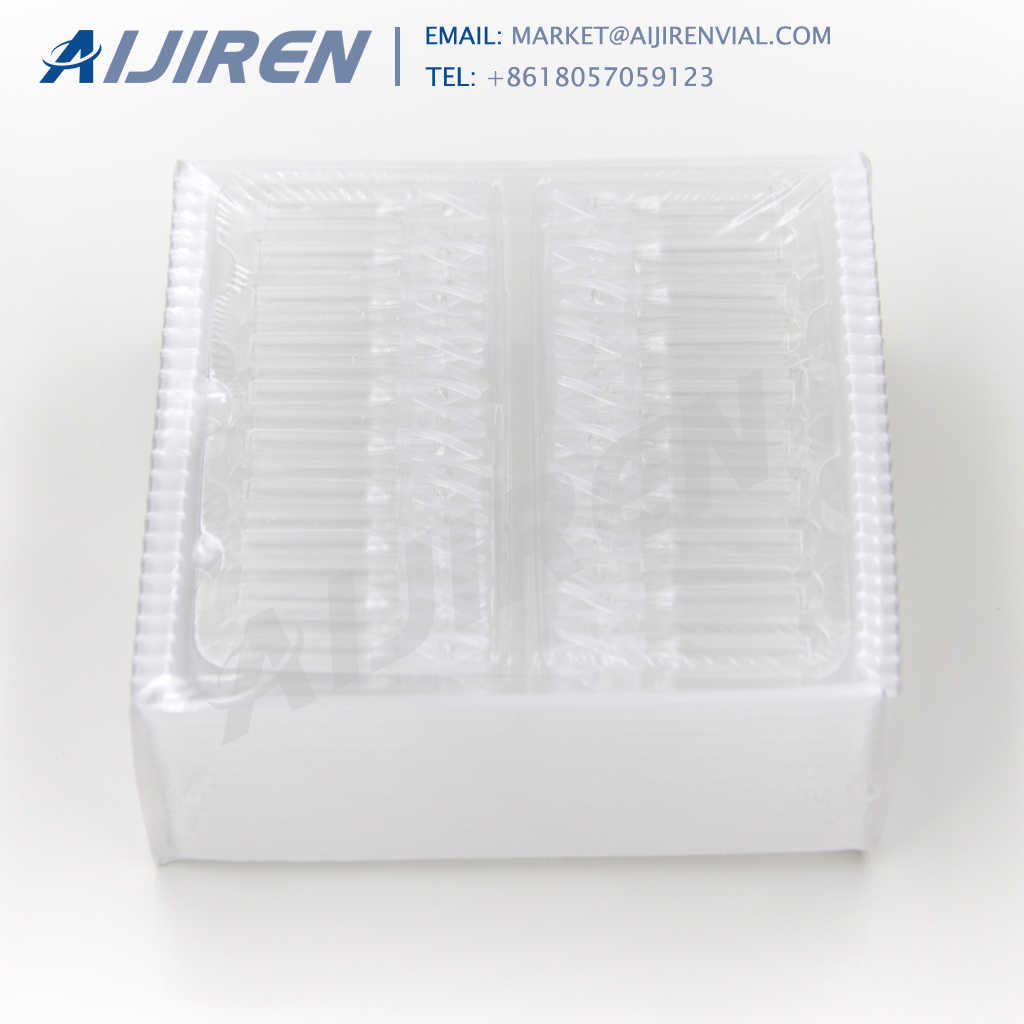
Jun 26, 2014 · After the discovery, researchers and labs competed to create the new filtration standard, arbitrarily defining their filters to be either 0.2 or 0.22 micron in pore size, roughly half the size of the old standard. What that means is, for the purpose of sterilization, 0.2 micron and 0.22 micron filters are indistinguishable.